Department Of Cell And Developmental Biology
-

A “rheostat” for cancer signals
Jason MacGurn and colleagues have characterized a “rheostat” that sets WNT pathway signaling in breast cancer cells. Read MoreAug 27, 2019
-
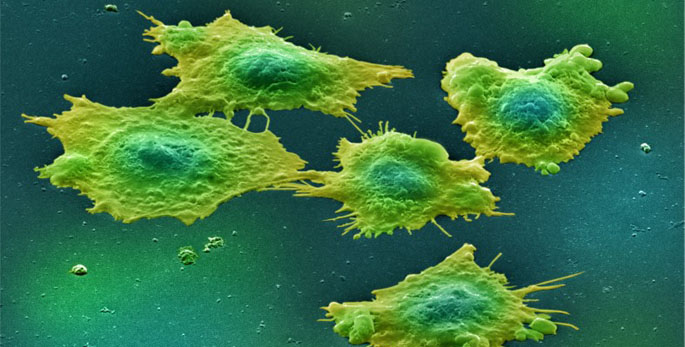
Protein’s role in inflammation-related cancer studied
Investigators are exploring the molecular mechanisms behind the association of chronic inflammation and colon cancer. Read MoreAug 15, 2019
-
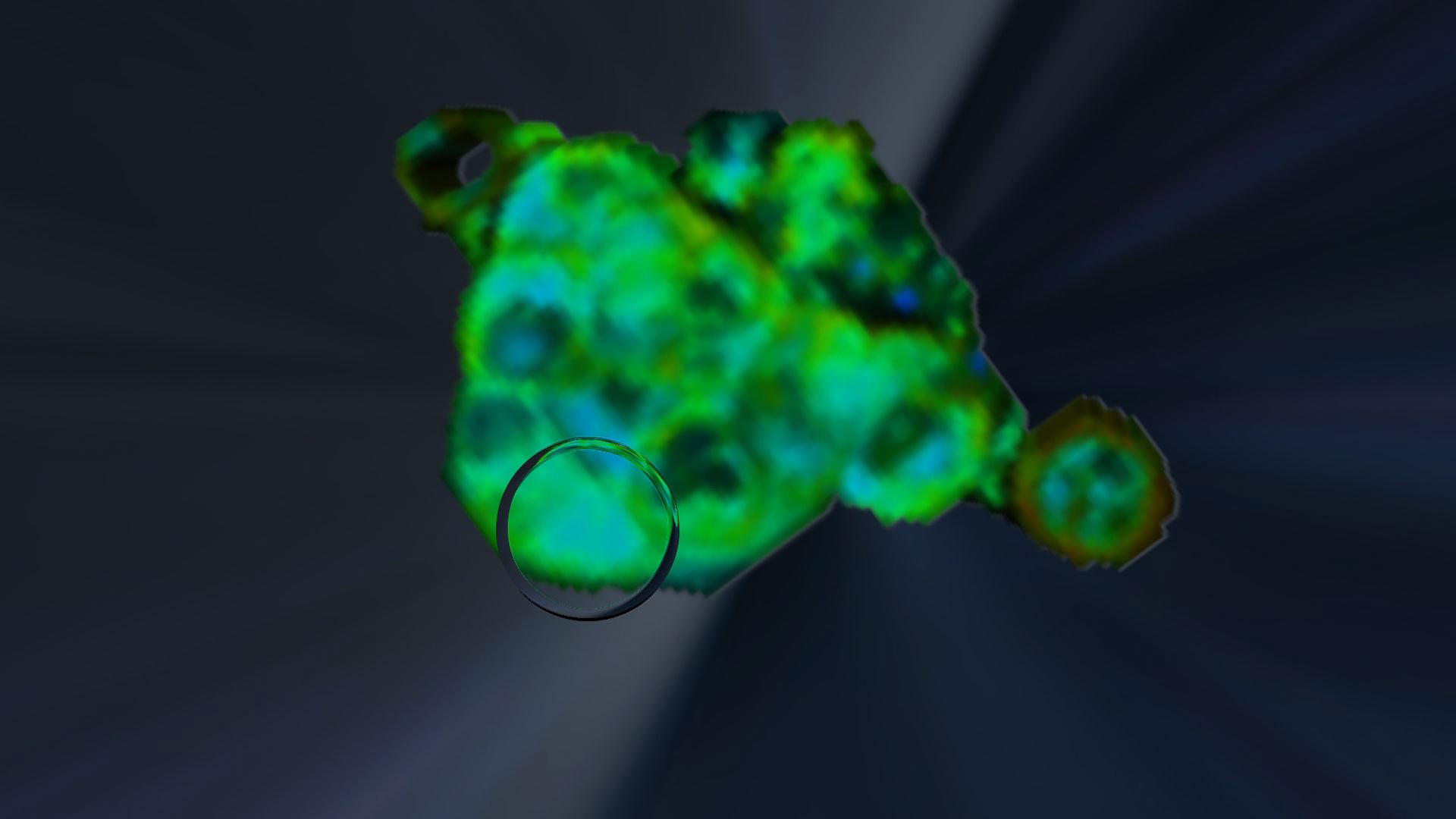
Pancreatic cancer clue
Inflammation synergizes with a cell’s intrinsic genetic program to promote the development of pancreatic cancer. Read MoreAug 12, 2019
-

New role for microtubules in diabetes
Microtubules, part of the cell's cytoskeleton, regulate the secretion of insulin, suggesting that they may be a new target for treating diabetes. Read MoreJul 29, 2019
-

Cell-cell signals in developing heart
Scott Baldwin and colleagues have discovered early signaling events during heart development, findings that could guide cell replacement therapies for heart disease. Read MoreJun 10, 2019
-

Dynamic basement membranes
Basement membranes are important structural and functional components of tissues. New research provides insight into how they repair themselves. Read MoreMay 9, 2019
-

Blueprint for rebuilding the heart
New findings may speed progress toward programming cells to rebuild damaged hearts more quickly. Read MoreMay 9, 2019
-

New target for chronic kidney disease
Craig Brooks and colleagues have identified a mechanism of kidney fibrosis progression, suggesting a potential new angle for treating chronic kidney disease. Read MoreJan 31, 2019
-

Building a pancreas
Ken Lau and Guoqiang Gu have identified a critical biomarker in determining how a pancreatic progenitor cell will develop. Read MoreJan 17, 2019
-

Breast cancer-killing RIG
New research led by Rebecca Cook demonstrates that an antiviral receptor called RIG-I has potent immunogenic and therapeutic effects in breast cancer. Read MoreDec 19, 2018
-
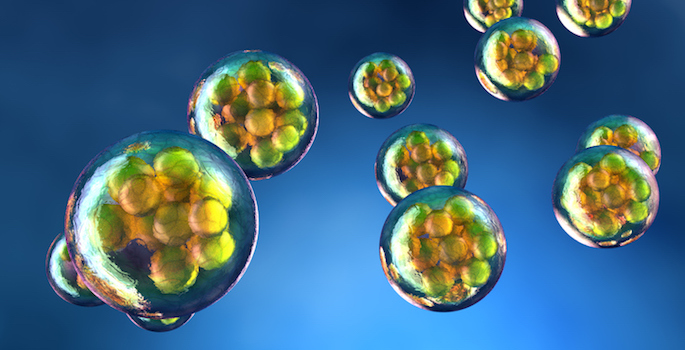
The exocyst dynamo
Mukhtar Ahmed and colleagues say the methods they employed to understand the mechanisms by which exocysts--protein complexes essential to life--function have the potential to revolutionize our understanding of cell dynamics. Read MoreDec 14, 2018
-
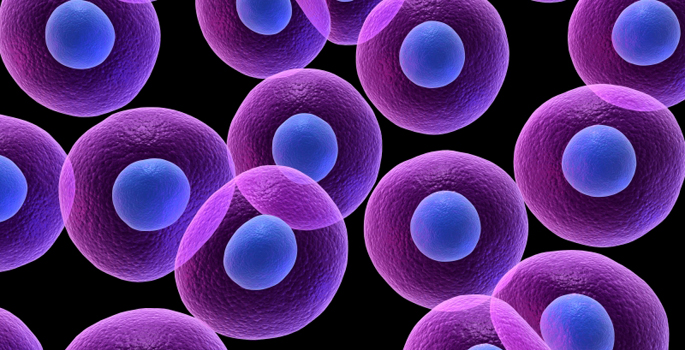
Analyzing single-cell landscapes
Qi Liu, PhD, Ken Lau, PhD, and colleagues have developed a new tool, sc-UniFrac, to quantify diverse cell types in single-cell studies. Read MoreNov 30, 2018
-

Novel genetic study sheds new light on risk of heart attack
Loss of a protein that regulates mitochondrial function can greatly increase the risk of a heart attack, report Eric Gamazon, Sandra Zinkel and graduate students Christie Salisbury-Ruf and Clinton Bertram in new research. Read MoreOct 11, 2018
-

Cancer Moonshot award to help map tumor progression
A trans-institutional team of researchers at Vanderbilt University Medical Center and Vanderbilt University has received an $11 million Cancer Moonshot grant to build a single-cell resolution atlas to map out the routes that benign colonic polyps take to progress to colorectal cancer, the third most common cancer among both men and women in the United States. Read MoreSep 27, 2018
-
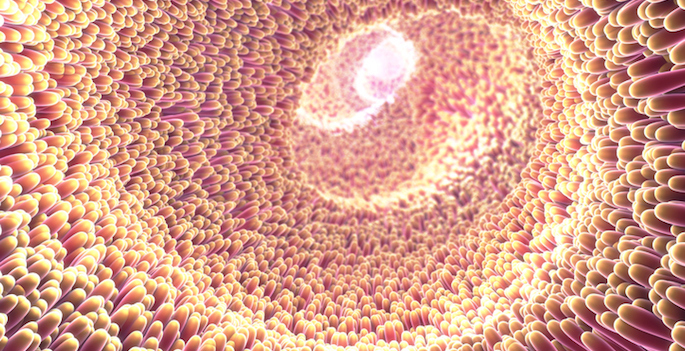
How microvilli form
Research led by Matthew Tyska gives new insight into the formation of the lining of the gut that helps us absorb nutrients and guard against illness. Read MoreSep 21, 2018
-

Repairs in the basement membrane
New research by Andrea Page-McCaw shows that a membrane that wraps around most animal tissues can heal within 24 hours, but does leave a scar. Read MoreAug 9, 2018
-

SMAD4 clue to colon cancer
Chronic inflammation is a predisposing condition for colorectal cancer, the third leading cause of cancer-related deaths in the United States. Anna Means, Ph.D., and colleagues have now linked inflammation-driven carcinogenesis in the colon to loss of an important signaling protein called SMAD4. Read MoreJul 5, 2018
-

Looking beyond the ‘magic bullet’ approach to drug discovery
Vanderbilt scientists have developed a new process that can rapidly and inexpensively identify personalized cancer drugs derived from nature. Read MoreMay 1, 2018
-

Toxin floats on lipid rafts
The bacterium H. pylori is a leading cause of stomach cancer, and Vanderbilt researchers are studying how one of its toxins gets into cells. Read MoreApr 23, 2018
-

MIT’s Orr-Weaver wraps up spring Discovery Lecture series April 26
The spring Flexner Discovery Lecture series wraps up on Thursday, April 26, with a presentation by Terry Orr-Weaver, PhD, professor of Biology at the Massachusetts Institute of Technology. Read MoreApr 19, 2018